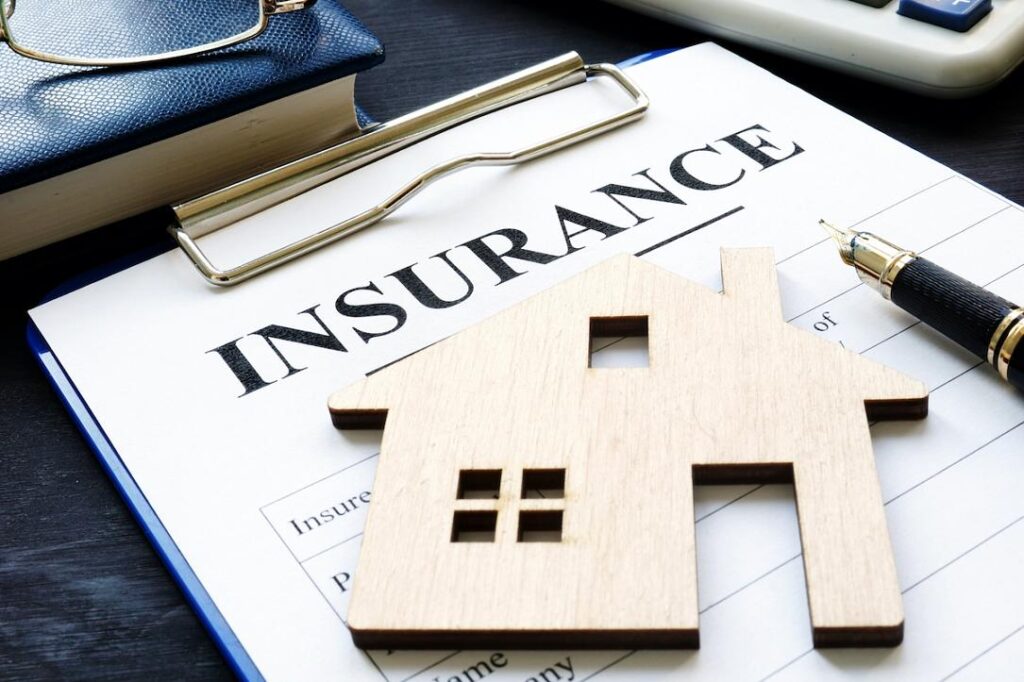Introduction: Homeownership is a significant milestone for many individuals and families. It’s not just about having a place to call your own; it’s about creating a sanctuary where memories are made and cherished. However, owning a home also comes with responsibilities, one of which is ensuring that your property is adequately protected. This is where home insurance plays a crucial role.
Understanding Home Insurance
What is Home Insurance?
Home insurance, also known as homeowner’s insurance, is a type of insurance policy that provides financial protection to homeowners in the event of damage to their property or belongings. It typically covers damages caused by perils such as fire, theft, vandalism, and natural disasters.
Types of Home Insurance Coverage
- Dwelling Coverage: This covers the structure of your home in case of damage or destruction.
- Personal Property Coverage: This covers your personal belongings, such as furniture, electronics, and clothing.
- Liability Coverage: This protects you financially if someone is injured on your property and you are found liable for their injuries.
- Additional Living Expenses Coverage: This covers the cost of living elsewhere if your home becomes uninhabitable due to covered damages.
3. Importance of Home Insurance
Protecting Your Investment
For most people, their home is their most significant investment. Home insurance helps protect this investment by providing coverage for damages that could otherwise result in significant financial loss.
Financial Security
In the event of a disaster, such as a fire or natural disaster, home insurance can provide the financial security needed to rebuild or repair your home without facing overwhelming expenses.
Liability Coverage
Home insurance also provides liability coverage, which can protect you from legal and medical expenses if someone is injured on your property and you are found liable for their injuries.
4. Factors Affecting Home Insurance Rates
Several factors can influence the cost of home insurance, including:
Location
The location of your home plays a significant role in determining your insurance rates. Homes located in areas prone to natural disasters, such as hurricanes or earthquakes, may have higher premiums.
Type of Home
Age of Home
Older homes may be more expensive to insure due to factors such as outdated wiring or plumbing, which can increase the risk of damage.
Coverage Limits
The amount of coverage you choose for your home and belongings will impact your insurance rates. Higher coverage limits generally result in higher premiums.
Deductibles
The deductible is the amount you pay out of pocket before your insurance coverage kicks in. Choosing a higher deductible can lower your premiums but will require you to pay more in the event of a claim.
Home Security Features
Homes with security features such as alarm systems, deadbolt locks, and smoke detectors may qualify for discounts on insurance premiums.
5. Choosing the Right Home Insurance Policy
Selecting the right home insurance policy requires careful consideration of your needs and budget. Here are some steps to help you make an informed decision:
Assessing Your Needs
Researching Insurance Providers
Research different insurance providers to find one that offers the coverage options you need at a price you can afford. Look for reputable companies with strong financial ratings and positive customer reviews.
Comparing Quotes
Obtain quotes from multiple insurance providers to compare rates and coverage options. Be sure to consider the deductible, coverage limits, and any additional features or discounts offered by each policy.
Understanding Policy Details
Read the fine print of each policy carefully to understand what is covered and what is not. Pay attention to exclusions, limitations, and any endorsements or riders that may be available.
6. Common Home Insurance Myths Debunked
Despite the importance of home insurance, there are several myths and misconceptions surrounding it. Let’s debunk some of the most common myths:
Home Insurance is Optional
While home insurance is not legally required in most states, it is essential for protecting your investment and financial security.
Home Insurance Covers Everything
Home Insurance is Expensive
While home insurance premiums can be costly, there are steps you can take to lower your rates, such as increasing your deductible or bundling policies with the same insurer.
Renters Don’t Need Home Insurance
While renters may not need coverage for the structure of the building they live in, they can benefit from renters insurance, which provides coverage for personal belongings and liability protection.
Home Insurance Covers Earthquakes and Floods
Standard home insurance policies typically exclude coverage for earthquakes and floods. If you live in an area prone to these perils, you may need to purchase separate coverage.
Tips for Lowering Home Insurance Premiums
While home insurance is an essential expense, there are several ways to lower your premiums without sacrificing coverage:
Increase Your Deductible
Choosing a higher deductible can lower your premiums, but be sure you can afford to pay the deductible out of pocket in the event of a claim.
Bundle Policies
Many insurance companies offer discounts for bundling multiple policies, such as home and auto insurance, with the same provider.
Improve Home Security
Maintain a Good Credit Score
Insurance companies often use credit scores to determine rates. Maintaining a good credit score can help you qualify for lower premiums.
Review Your Policy Annually
Review your home insurance policy annually to ensure you have adequate coverage and take advantage of any discounts or savings opportunities.
8. Filing Home Insurance Claims
In the event of damage to your home or belongings, filing a home insurance claim can help you recover financially. Here are some steps to take:
Steps to Take After a Loss
Notify your insurance company of the loss as soon as possible and take steps to prevent further damage, such as covering broken windows or leaking pipes.
Documenting Damages
Document the damage to your home and belongings with photographs or video evidence. Keep records of any repairs or expenses related to the claim.
Communicating with Your Insurance Company
Keep open lines of communication with your insurance company throughout the claims process. Provide any requested documentation promptly and follow up as needed.
Understanding the Claims Process
Understand the claims process and what to expect in terms of timelines and outcomes. If you encounter any issues or disputes, don’t hesitate to escalate the matter with your insurance company or seek legal advice.
Conclusion
Home insurance is a vital component of homeownership, providing financial protection and peace of mind in the face of unexpected events. By understanding the basics of home insurance, assessing your needs, and choosing the right policy, you can safeguard your home and belongings for years to come.
References
- Insurance Information Institute. “Homeowners Insurance.”
- National Association of Insurance Commissioners. “A Consumer’s Guide to Home Insurance.”
- U.S. Department of Housing and Urban Development. “Buying a Home: Homeowners Insurance.”
- Consumer Reports. “How to Get the Best Homeowners Insurance.”
